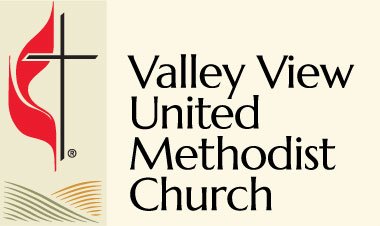Ransom Theory
Another week, another atonement theory. Let’s talk about Ransom Theory.
So, last week, with substitution theory, the idea is that there is a debt to be paid to some… unknown party because of sin. And Jesus takes our place in paying that debt/receiving the punishment for that debt. A very transactional understanding of sin and grace with some issues surrounding who the debt is owed to and how that translates into limiting God’s power, but this week sees another idea that we again, as humans, need divine help when it comes to sin.
For ransom theory, the idea is that sin holds us captive. That the words and deeds that harm others also harm ourselves. This isn’t completely unlike the idea found in The Oath by Frank E. Peretti. Sorry for the spoilers, the book is from 1995. In The Oath sin is like something that rots your heart from the inside out and makes you hooked to destruction. In this case, a dragon that comes to eat you when your heart has rotted enough. You are held captive by this connection and cannot escape, even if you leave town as the dragon will call you back. Now, I don’t know if I like to give that much power to sin. But I also know that sin is by its very nature destructive, mindless, and cruel. Being freed from this destruction is great. That everlasting joy that Christ promises us in salvation is an absolutely wonderful thing.
We are enslaved when we live lives of sin. We cannot break free without God’s help. Even the most powerful person in the world would still be a captive to sin if not for God. Borrowing again from Savior by Magrey R. DeVega, the definitions of sin and salvation set us up for the clearest understanding of this theory:
Definition of Sin: Sin holds us hostage, preventing us from living the kind of life that God intends for us to live.
Definition of Salvation: Jesus pays our ransom and sets us free, releasing us from captivity and enabling us to live in freedom and joy.
In so many ways, this is an atonement theory that makes sense to me. Sin does hold us captive. It’s alluring and enticing and... tempting. Wouldn’t it be great if life was nothing but pleasure and fun all the time? If we always get what we want? Yes, but then it wouldn’t be real life. Real life has sorrow and heartbreak, disappointment and disaster, woe and weariness. As I’ve grown older I have learned to be more suspicious of those promising to solve all my worldly problems. There is no quick fix solve all for what ails me or society as a whole. Salvation in Christ is no cheap grace. But it is not a heavy burden to bear because Christ helps us to carry it.
This atonement theory shares an issue with substitution theory. Why does sin have the power to enslave us? To capture us? To put us in chains? Where does that power come from? If all that God created is good, where does evil get all this ability to do harm from? These are questions to ponder when considering if this is the atonement theory that undergirds your understanding of how sin and salvation work. It has some merit like they all do, but it leaves more questions than answers.
God gave us free will. Free will means that God’s grace has meaning. If it was decided long before we existed that our salvation was pre-determined (aka predestination from Luther or double predestination from Calvin) than no action or inaction we ever take in our own lives would have meaning. Instead, we have been given free will. That not only allows us to fall captive to sin, but also to seek God’s grace and the escaping of that entrapment. It’s up to us to respond to God’s grace and to ask to be rescued. Rescue me, O Lord.
Is Ransom Theory the theory for you? Does it fit best with how you understand sin and salvation? Let me know your thoughts.
